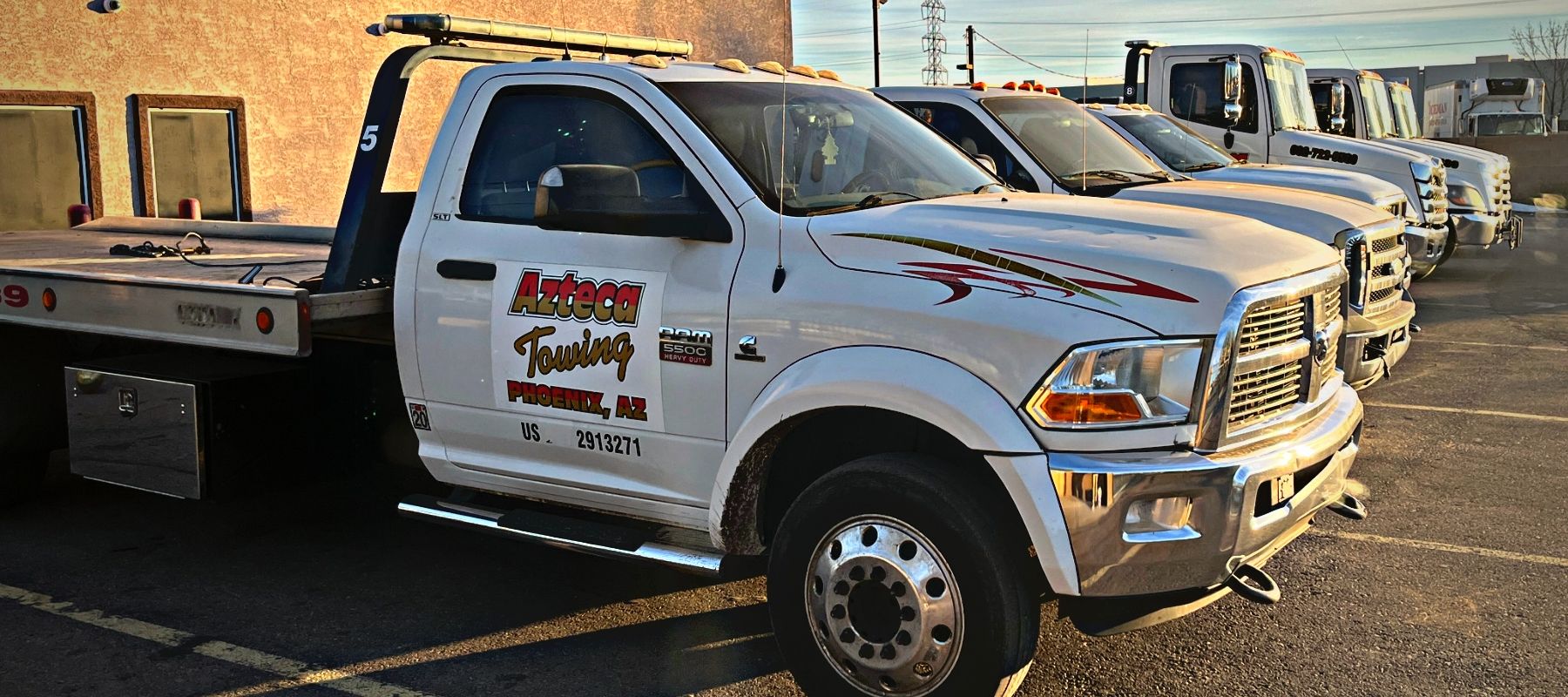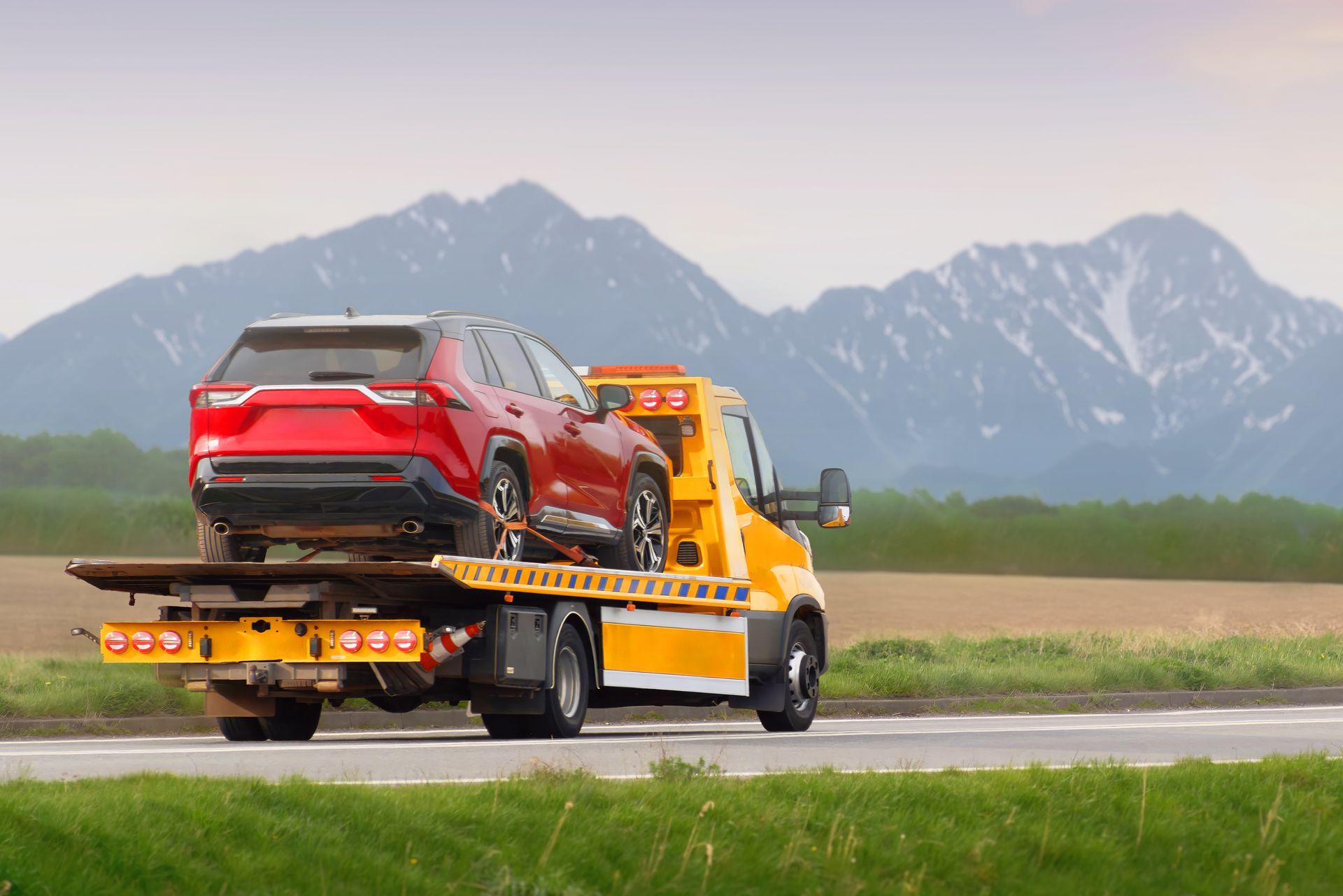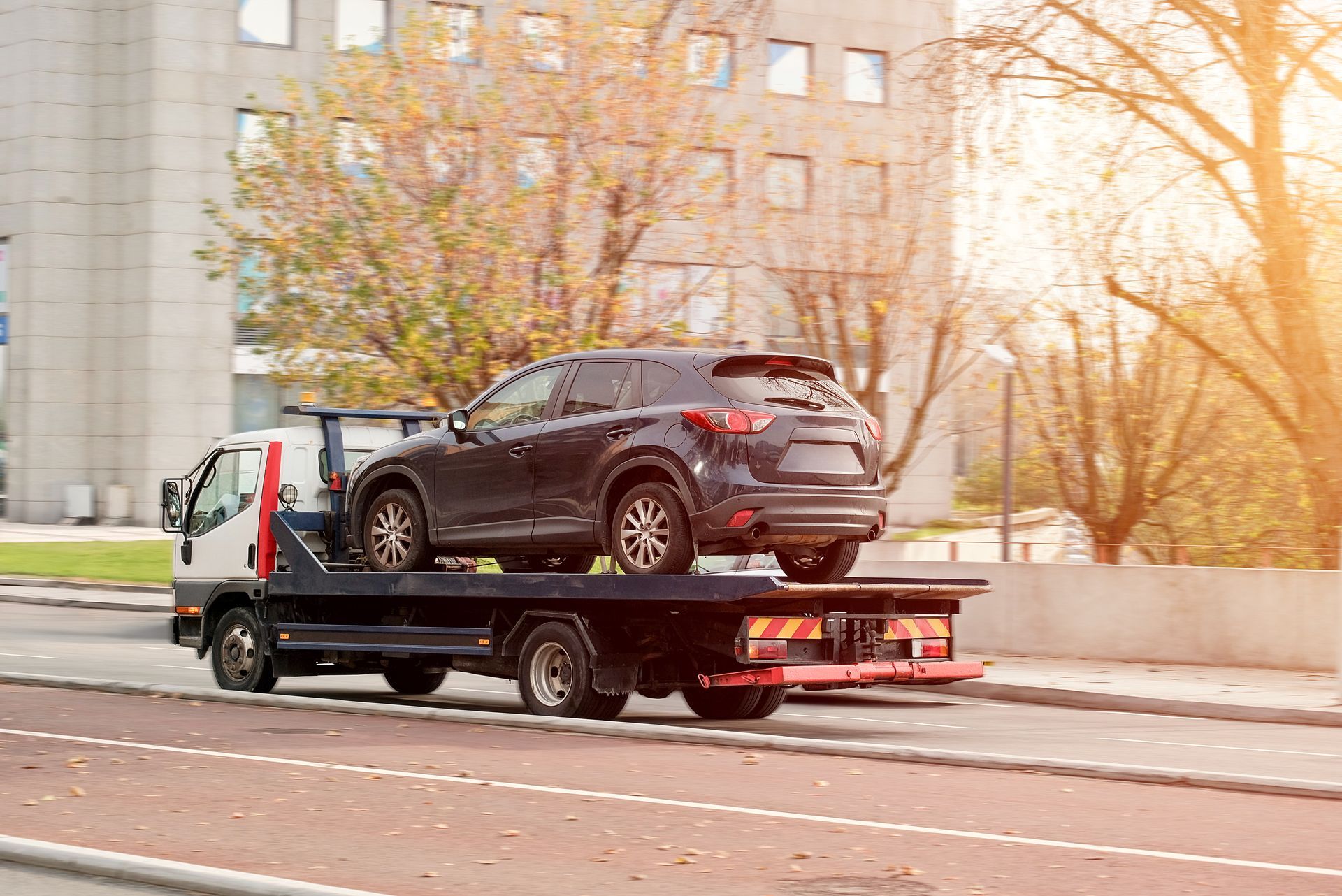Overcoming Common Towing Challenges: How To Prepare For Unexpected Vehicle Issues

Do you ever feel nervous when towing a vehicle, worried about unexpected issues that could arise on the road? Don't worry, you're not alone. Towing is no easy feat, and there are many challenges that can come up along the way. But with the right preparation and equipment, you can overcome these challenges and tow with confidence.
In this article, we'll guide you through some of the most common towing challenges and provide you with tips and tricks to prepare for unexpected vehicle issues. From choosing the right towing equipment to handling mechanical breakdowns on the road, we'll cover it all. So whether you're a seasoned tower or just getting started, read on to learn how to overcome common towing challenges and stay safe on the road.
Choosing the Right Towing Equipment
Looking to tow your vehicle? Make sure you choose the right equipment to avoid any unexpected hiccups along the way. One of the most important factors to consider is towing weight limits. Every vehicle has a maximum weight it can tow, so check your owner's manual or consult with a professional to make sure you don't exceed that limit. Going over the weight limit can cause serious damage to your vehicle and result in a dangerous situation on the road.
Another important aspect of choosing the right towing equipment is trailer hitch compatibility. Not all hitches are created equal, so make sure you have the right hitch for your vehicle and trailer. Check the weight capacity of the hitch and ensure that it matches the weight of the trailer you'll be towing. Additionally, make sure the hitch is properly installed and that all connections and safety features are in place before you hit the road. By taking the time to choose the right towing equipment, you can avoid potential problems and ensure a safe, successful towing experience.
Inspecting Your Vehicle Before Towing
Before you hit the road with your trailer, make sure to give your vehicle a thorough inspection to ensure safe towing. Checking fluids, tire pressure, testing brakes, and lights are crucial steps to take before embarking on your journey. Start by checking the engine oil, transmission fluid, coolant, and brake fluid levels. Low levels can cause significant damage to your vehicle and even lead to mechanical failure while pulling a trailer.
Next, ensure that your tires are in good condition and properly inflated. Underinflated or worn-out tires can cause instability and reduce the handling of your vehicle while towing. Check the tire pressure, tread depth, and look for any signs of damage or wear. Additionally, it is essential to test your brakes and lights before you hit the road. Faulty brakes or lights can lead to a serious accident, and it is not only dangerous but also illegal to drive with non-functional brakes or lights.
By taking the time to inspect your vehicle before towing, you can ensure a safe and smooth journey. Remember, it is better to be safe than sorry, and a little preparation can go a long way in avoiding unexpected vehicle issues on the road.
Dealing with a Blown Tire
If you're driving down the highway and suddenly feel a jolt, the thump-thump-thump of a tire blowout can be a scary experience. However, there are steps you can take to prepare yourself for this situation. First, make sure you have a spare tire and the tools needed to change it. This includes a jack, lug wrench, and possibly a tire iron. Keep these items in your trunk and know how to use them. It's also a good idea to practice changing a tire in a safe location before you need to do it on the side of the road.
If you don't feel comfortable changing a tire or don't have the necessary tools, you can always call for roadside assistance. Many towing companies offer this service, and it's often included in your membership with organizations like AAA. When you call for assistance, be sure to have your location, vehicle information, and a description of the problem ready to provide to the dispatcher. They will send a technician to your location to help you get back on the road as quickly as possible. Remember, the most important thing is to stay safe and stay calm during a tire blowout or any other unexpected vehicle issue.
Navigating Difficult Terrain
Navigating tough terrain can be a thrilling adventure, but it's important to be aware of potential obstacles and have the right equipment and skills to handle them. When towing a vehicle through rocky terrain, it's crucial to have a sturdy and reliable tow vehicle with good ground clearance. You'll want to avoid low-hanging rocks and boulders that can damage your vehicle or cause it to get stuck. Keep a lookout for any large rocks or obstacles that could impede your path and plan your route accordingly.
When towing a vehicle up steep inclines, it's important to have a powerful tow vehicle with enough torque to handle the added weight. You'll also want to make sure your brakes are in good condition to help control your speed on the descent. It's important to take your time when navigating steep terrain and avoid sudden movements that could cause your vehicle or towed vehicle to lose traction. By being prepared and taking extra caution, you can successfully navigate difficult terrain while towing a vehicle.
Handling Mechanical Breakdowns
When faced with a mechanical breakdown while towing, you'll need to assess the situation and determine the best course of action to ensure the safety of yourself and your towed vehicle. The first thing to do is to find a safe place to pull over. If you're on the highway, look for the nearest exit and find a parking lot or rest area. If you're on a back road, try to find a wide shoulder or a turnout. Once you've found a safe spot, turn on your hazard lights and put out warning triangles or flares to alert other drivers.
Next, you'll need to find help. If you have roadside assistance, call them immediately. They can send a tow truck to pick up your vehicle and take it to a repair shop. If you don't have roadside assistance, you'll need to call a local towing company. Make sure to let them know that you're towing a vehicle so they can bring the appropriate equipment. While waiting for help to arrive, you can take steps to minimize damage to your towed vehicle. Put the emergency brake on and chock the wheels to prevent it from rolling. If the breakdown is due to a flat tire, replace it with your spare if you have one. By taking these steps, you can ensure that both you and your towed vehicle remain safe while waiting for help to arrive.
Staying Safe on the Road while Towing
Now that you know how to handle mechanical breakdowns while towing, let's talk about staying safe on the road. It's important to remember that when you're towing, your vehicle is carrying more weight than usual, which can make it harder to maneuver and stop in emergency situations. To minimize the risk of accidents, you need to take precautions and prepare for the unexpected.
One way to do this is to have roadside assistance and emergency preparedness plans in place. Make sure you carry a spare tire, jack, and lug wrench in case you need to change a tire. You should also have a first aid kit, flashlight, and extra food and water in case you get stranded. In addition, it's a good idea to have a cell phone charger, so you can call for help if you need it. By being prepared for emergencies, you can stay safe on the road while towing.
Conclusion
You're now equipped with the knowledge you need to overcome common towing challenges. Remember to always choose the right towing equipment, inspect your vehicle before towing, and stay safe on the road.
In the event of a blown tire or mechanical breakdown, it's important to stay calm and follow the proper steps to ensure a safe outcome. And when navigating difficult terrain, take it slow and steady. With these tips in mind, you'll be able to handle unexpected vehicle issues with confidence and ease. Safe travels!





